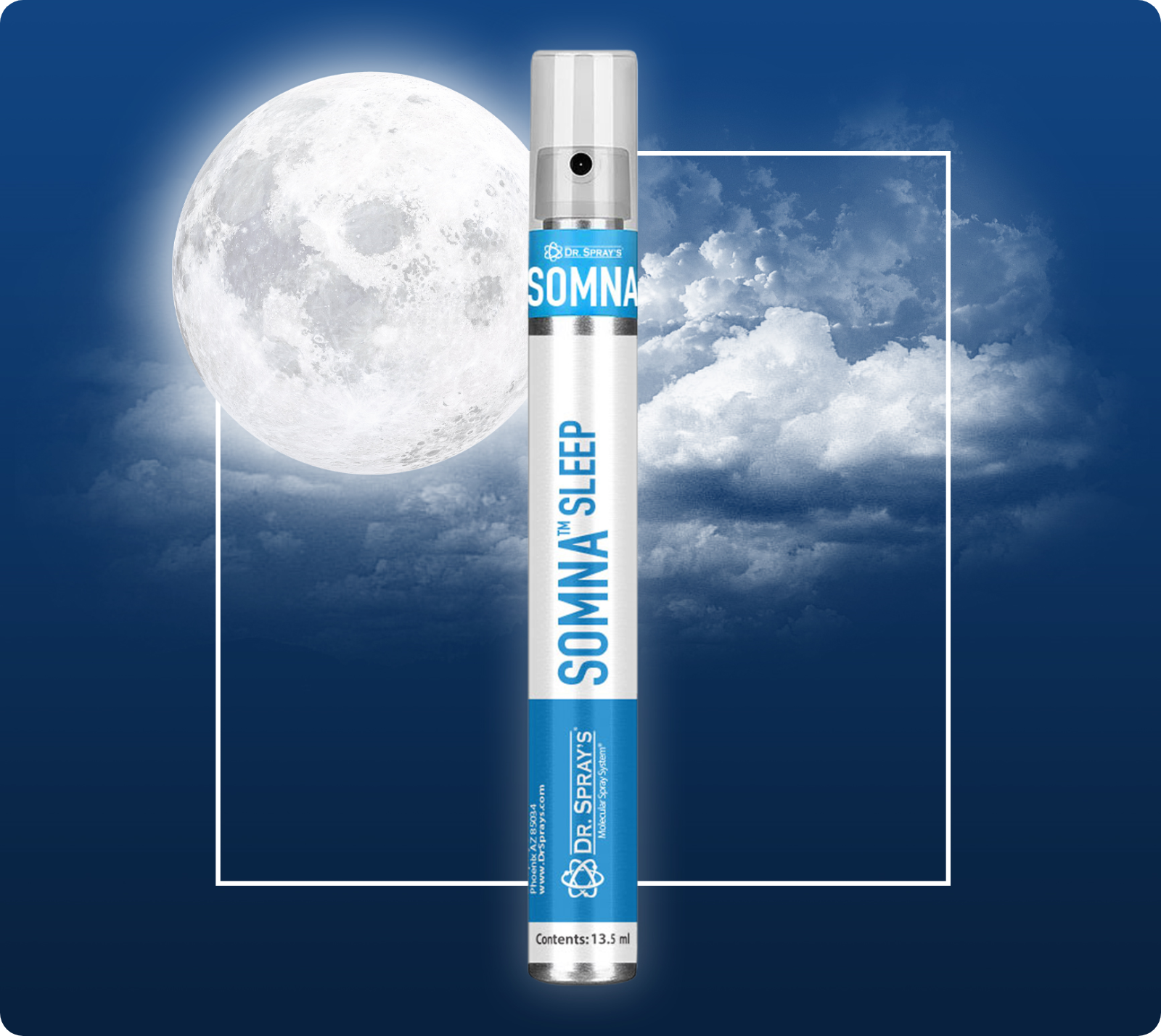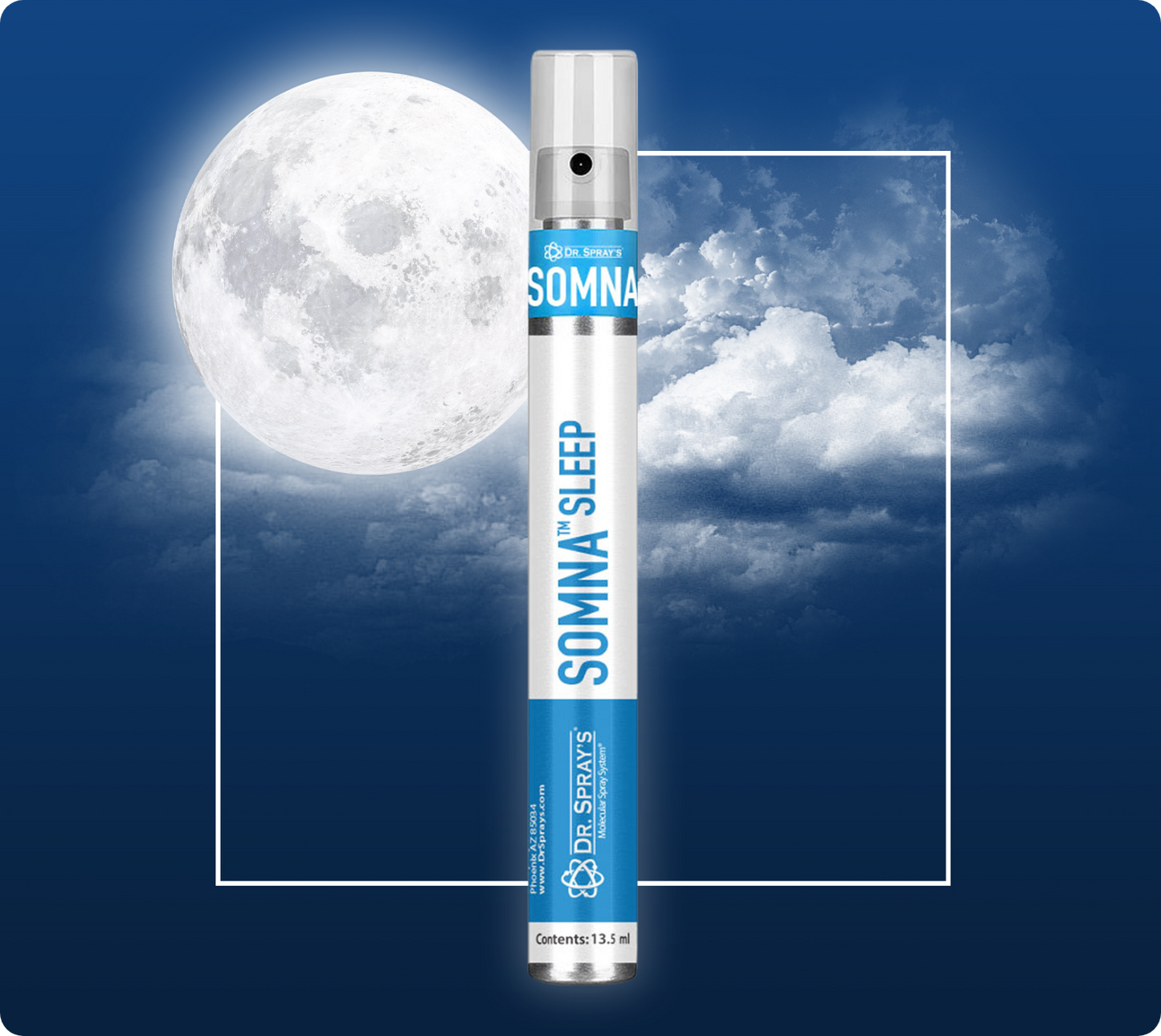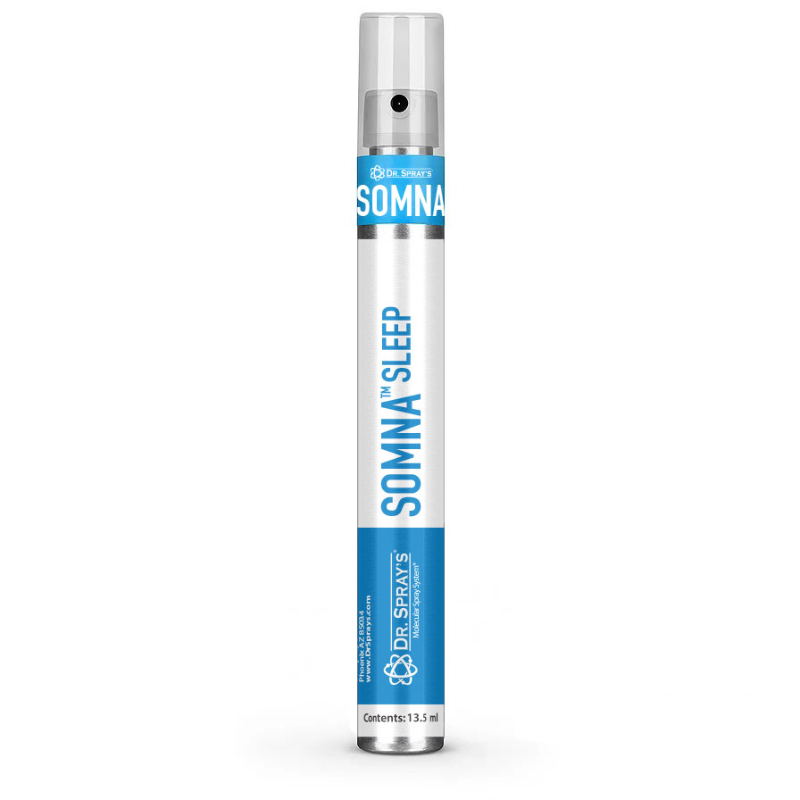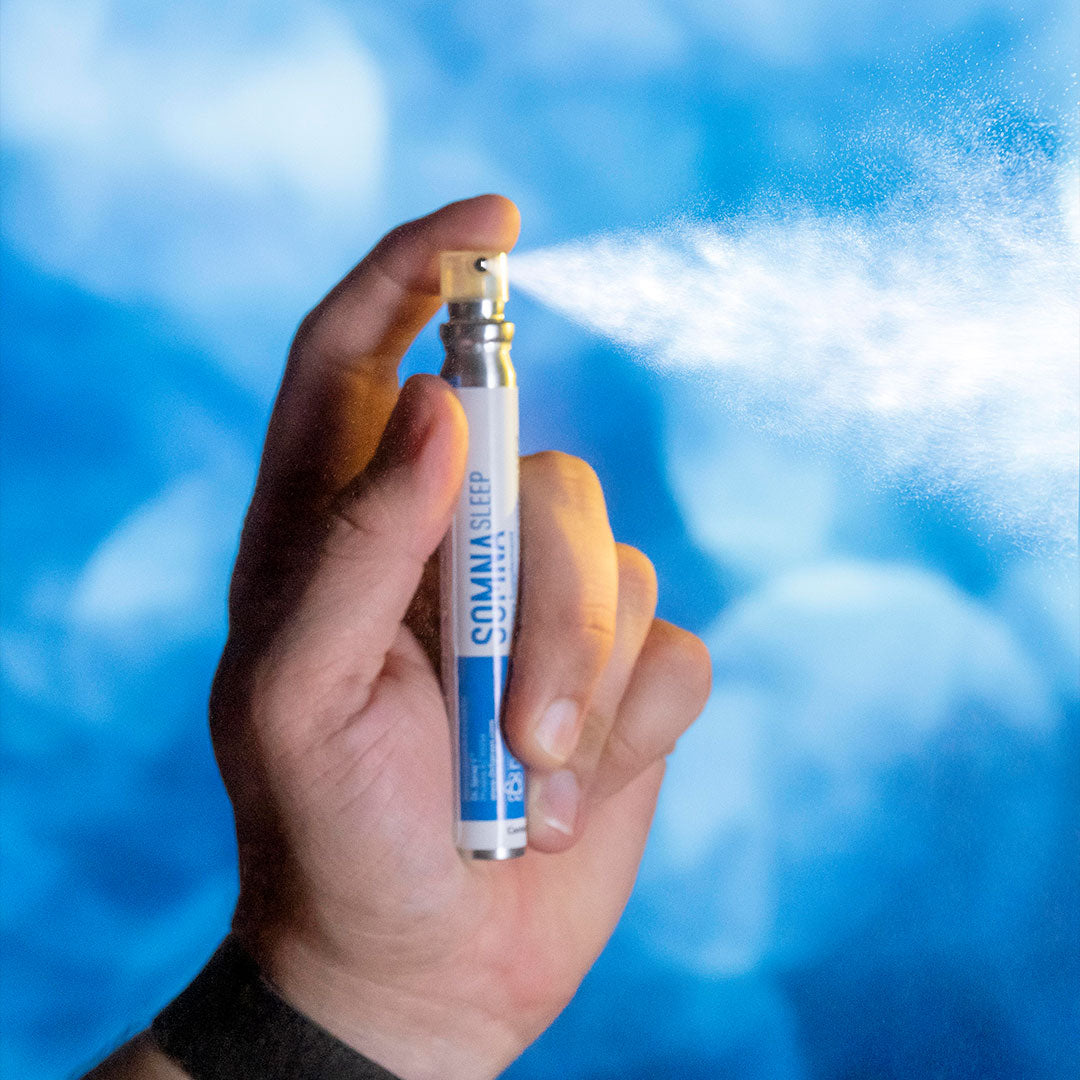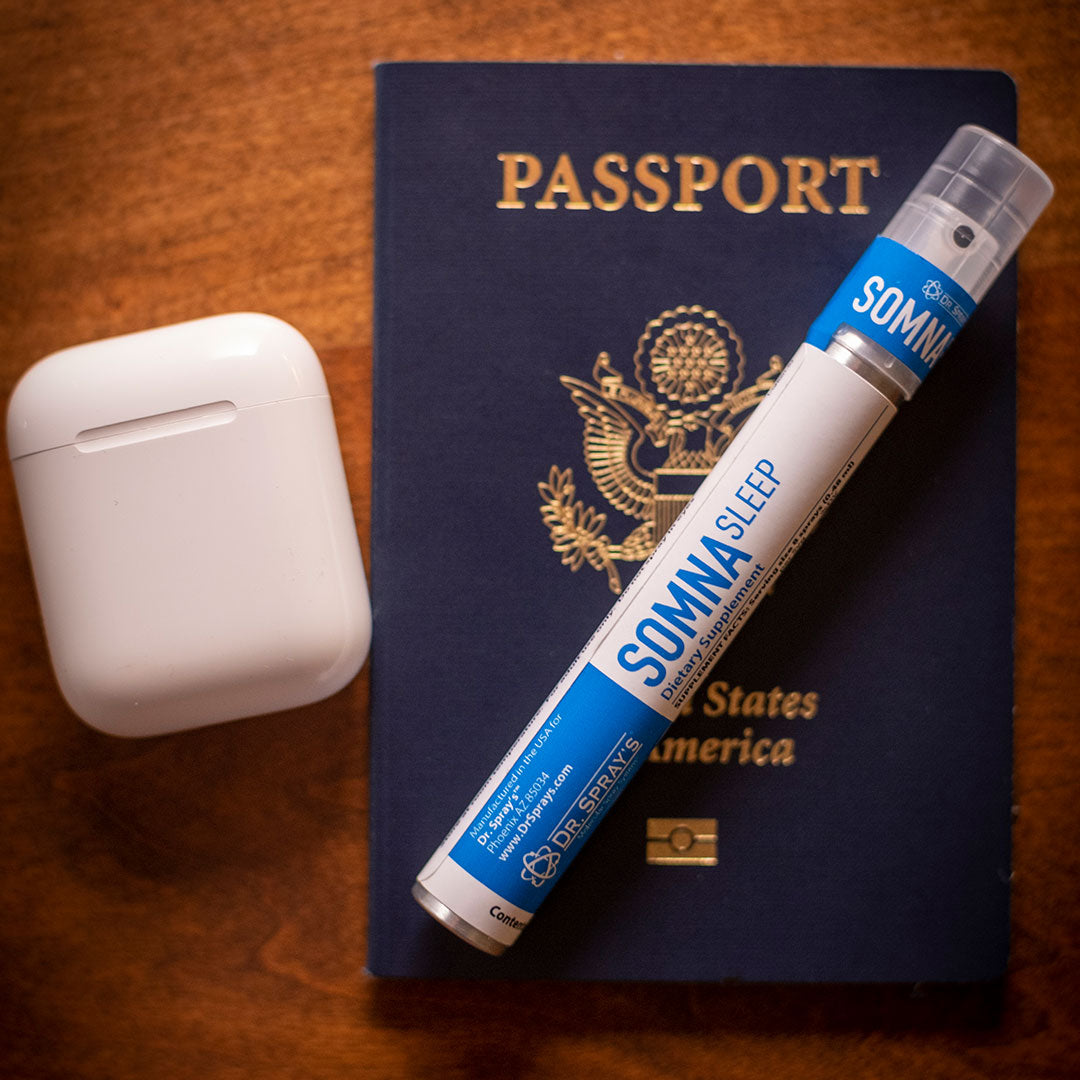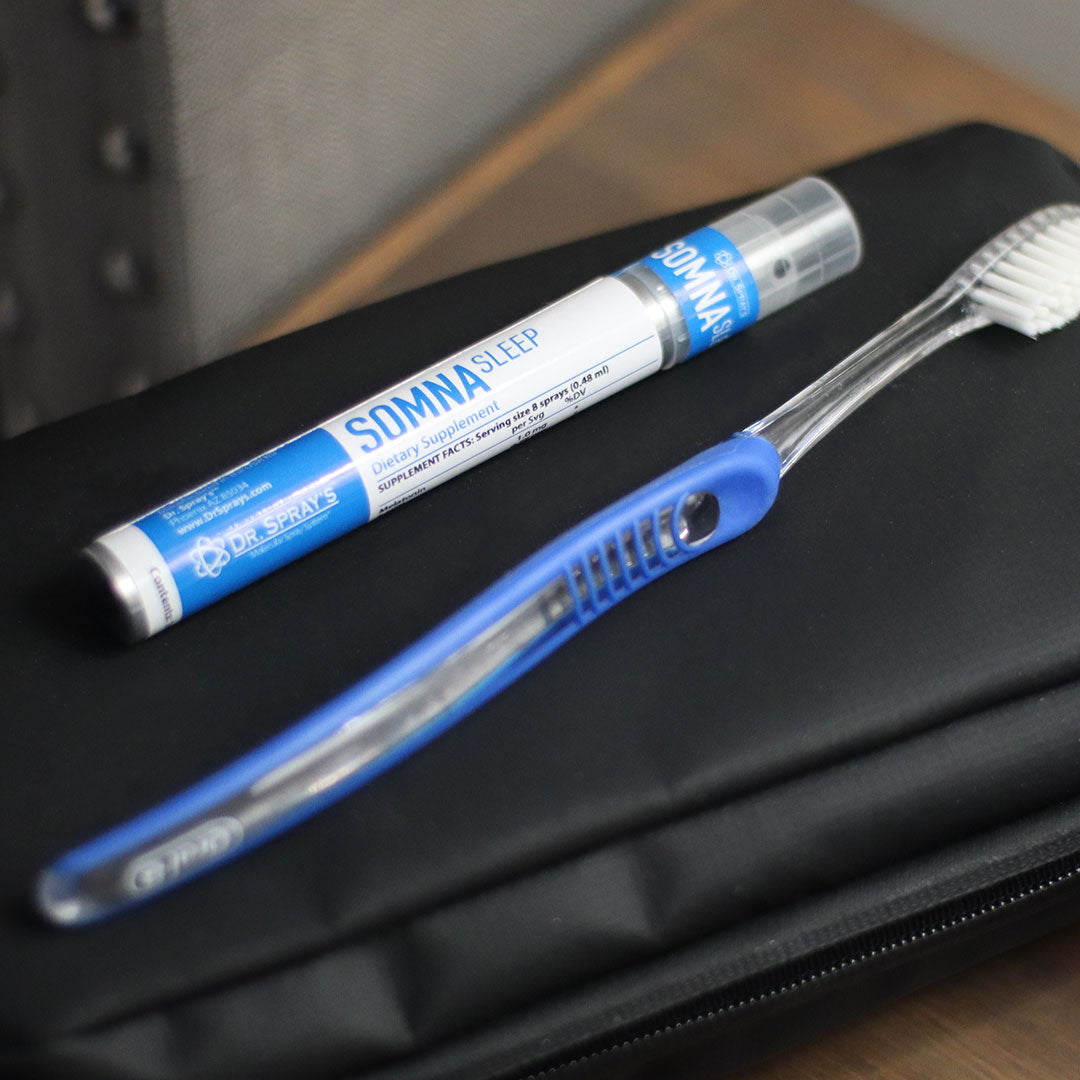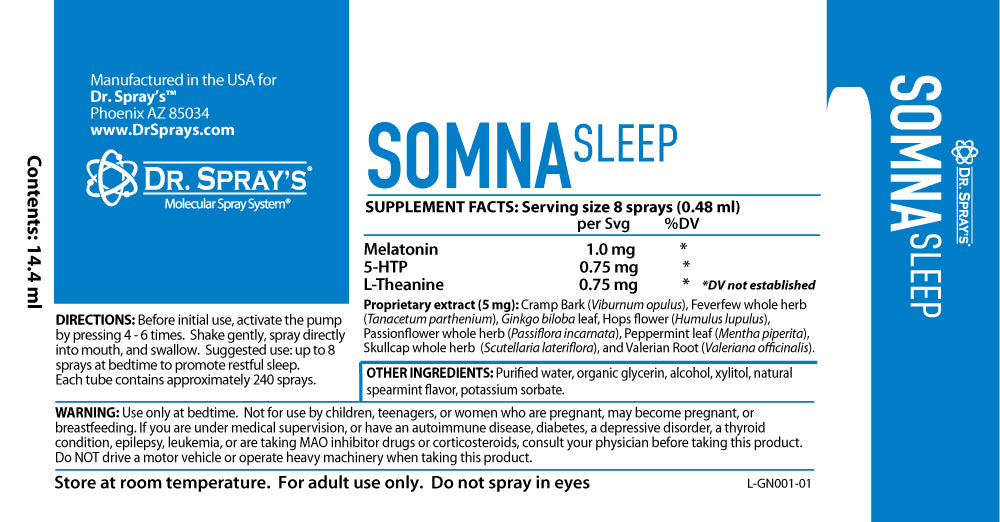Hydroxyzine is an antihistamine that is commonly used to treat allergies and also sometimes used for anxiety disorders. While it can be effective for these conditions, there are also potential side effects associated with hydroxyzine use. For people who are looking for a safer and more natural alternative, here are some options.
Before switching to another medication, it’s important to speak with your doctor first. Your doctor can help you determine which medication will be more effective for your particular anxiety symptoms. Some possible alternatives to hydroxyzine include:
- Buspirone: Buspirone is similar to hydroxyzine in that it is prescribed as an anti-anxiety medication. In some cases, it may provide similar benefits as hydroxyzine, but with fewer side effects.
- Venlafaxine: Venlafaxine is an antidepressant medication, but it can also be used as an anti-anxiety medication. It may be more effective for treating more severe and chronic anxiety.
- Psychedelic drugs: Psychedelic compounds, like psilocybin or MDMA, have been found to have significant anti-anxiety effects without the risk of addiction associated with benzodiazepines or other anti-anxiety medications.
- Cognitive-behavioral therapy (CBT): CBT has been found to be one of the most effective ways of treating anxiety symptoms. It can help identify and change the underlying causes of anxiety, rather than just masking them with a drug.
Ultimately, everyone responds differently to different treatments, so finding the right alternative to hydroxyzine may take some trial and error. Be sure to talk with your doctor about any potential side effects or risks associated with any medications you might take in place of hydroxyzine.
Is Hydroxyzine A Sleeping Pill?
Hydroxyzine is an antihistamine medication commonly used to treat allergies, anxiety, and insomnia. While hydroxyzine acts as a sedative, it is not a sleeping pill in the classic sense; instead, it's meant to reduce anxiousness, helping you to relax and fall asleep more easily. While this drug may help with occasional sleeplessness, it can also cause side effects such as dry mouth, dizziness, and blurred vision.
Is Hydroxyzine And Benadryl The Same?
Hydroxyzine and Benadryl are both medications used to treat a variety of conditions, including allergies, insomnia, and anxiety. While they are both antihistamines, each works in different ways to provide relief.
Hydroxyzine is an antihistamine that helps to reduce the effects of natural histamine in the body. It is used to treat itching and rashes, as well as anxiety, tension, and insomnia. It works by blocking histamine receptors in the brain, which causes a feeling of relaxation. Hydroxyzine is available over-the-counter or by prescription.
Benadryl is also an antihistamine, but it works differently than hydroxyzine. It blocks the histamine receptors on cells throughout the body rather than just those in the brain. Benadryl helps relieve hay fever allergic symptoms like sneezing, runny nose, and itching. It is also a common treatment for motion sickness and can be used to help people with sleep disturbances.
Hydroxyzine and Benadryl are not the same medication; they work differently and have different uses. While both can be used to treat allergy symptoms, hydroxyzine can also be used for anxiety and insomnia. When considering which medication to take, it is important to consult your doctor first and consider your individual health needs.
What Is The Hydroxyzine Used For?
Hydroxyzine is a medication that is prescribed primarily to treat anxiety and itching caused by hives or rashes. The drug works by reducing activity in the central nervous system and on histamine, which helps to relieve symptoms such as anxiety, tension and insomnia. Hydroxyzine can also be used to treat allergies, but this is done in combination with other drugs.
What Does Hydroxyzine Do For A Person?
Hydroxyzine is an antihistamine commonly used to treat allergic reactions, such as itching, sneezing and runny nose. It's also used for the relief of anxiety and as a sedative. Hydroxyzine can be taken orally or as a topical cream for skin conditions.
Is Hydroxyzine Same As Xanax?
Hydroxyzine and Xanax are two of the most widely used anxiety medications. However, they are not the same thing. Hydroxyzine is an antihistamine that can be used to treat allergies and other skin conditions, while Xanax is a benzodiazepine. While they both may be similar in that they are used to treat anxiety, they are still not the same medication.
Is Hydroxyzine For Sleep Or Anxiety?
Hydroxyzine is a medication typically used to treat anxiety and insomnia. It belongs to a class of medications called antihistamines, which are used to treat allergies. Hydroxyzine is also used to help relax muscles and reduce itchy skin caused by skin conditions such as eczema.
However, hydroxyzine can have some serious side effects including dizziness, dry mouth, drowsiness, nausea, headache, and fatigue. It should also be noted that hydroxyzine can be addictive if taken for a long period of time.
That said, there are other options available for dealing with sleep disturbances or anxiety that do not involve taking this type of medication.
Is Hydroxyzine Fast Acting For Anxiety?
Hydroxyzine is a type of antihistamine that is often used to treat allergies and anxiety. While it can provide quick relief from symptoms, it may not be the best option if you need fast-acting relief.
Hydroxyzine works by blocking histamine, a chemical that helps to cause inflammation. It also helps to relax the body’s muscles, which can help reduce symptoms of anxiety. However, the effects may take some time to kick in and be noticeable. It could take several hours for you to feel relief from your symptoms.
If you are looking for a fast-acting alternative to hydroxyzine, there are other medications and treatments available.
Are Hydroxyzine And Xanax The Same?
Hydroxyzine and Xanax are two commonly prescribed medications, but they are not the same. Hydroxyzine is an antihistamine that helps to manage or prevent itching, swelling and other symptoms of allergies, while Xanax is a sedative that is used to treat panic and anxiety disorders.
Hydroxyzine will generally be prescribed in children to reduce itching without causing drowsiness, whereas Xanax typically has a greater sedative effect. Hydroxyzine should not be taken with alcohol as it can increase the chances of side effects.
Can Hydroxyzine Be Used As A Sleeping Pill?
Hydroxyzine is a medication that is commonly prescribed for the treatment of allergies, itching and hives. It is also sometimes used to treat anxiety and insomnia, but it is not recommended as a sleeping pill. While hydroxyzine can improve sleep quality, it also has potential side effects including upset stomach, headache, dizziness and grogginess during the day.
How Long Does It Take For Hydroxyzine To Work For Sleep?
Hydroxyzine is a popular antihistamine and tranquilizer drug used for treating allergies, irritable bowel syndrome and sleep problems. It has been prescribed for relieving anxiety and insomnia in adults, as well as for its calming effects on children. While hydroxyzine is a useful drug, it does have potential side effects and may not be the best choice for everyone. So what are some better alternatives to hydroxyzine if you’re having difficulty sleeping?
Does Hydroxyzine Make You Sleepy?
Hydroxyzine is a medication that is commonly used to treat anxiety and allergies. It can also be used for itchiness, hives, and other skin conditions. It works by blocking certain receptors in the brain that are associated with emotions like fear and anxiety. The most common form of hydroxyzine is the 25 mg tablet. However, there are other dosages available.
Some people have reported feeling drowsy after taking hydroxyzine. This is because it has sedative properties that can cause sleepiness. If you are looking for a medication to reduce your anxiety or help you fall asleep, hydroxyzine may not be the best choice.
Can You Take Hydroxyzine Every Night?
Hydroxyzine is a medication commonly prescribed to treat anxiety, insomnia, and other psychological disorders. It is an antihistamine, which also has sedative properties. As such, some people may be tempted to use hydroxyzine as a sleep aid by taking it every night. However, this is not recommended due to the potential for developing tolerance, secondary physical or psychological conditions, and other risks associated with long-term usage. Therefore, it is important to understand the risks associated with taking hydroxyzine every night and consider safer alternatives.
How Does Vistaril Make You Feel?
Vistaril is a commonly prescribed anti-anxiety medication that belongs to the same class of medications as hydroxyzine. Both Vistaril and hydroxyzine help reduce anxiety and can be used to treat hives and itching caused by certain medical conditions. However, there are some key differences between the two that you should consider when deciding which one is better for you.
For starters, Vistaril typically causes few or no side effects compared to hydroxyzine. With Vistaril, the most common side effects are drowsiness, dizziness, and dry mouth. While these symptoms typically go away after a few days of taking the medication, they can persist if it is taken for long periods of time. On the other hand, hydroxyzine can cause more severe side effects such as nausea, blurry vision, and insomnia.
Vistaril also acts quickly compared to hydroxyzine. Most people start feeling the effects of Vistaril after just 30 minutes to an hour following ingestion. This means that it’s easier and faster to get relief from symptoms such as anxiety or hyperexcitability much sooner than with hydroxyzine.
In addition, Vistaril can be taken daily over extended periods of time without having any major impact on its effectiveness. Hydroxyzine is known for having a shorter half-life than other anti-anxiety medications like Vistaril and must be taken more frequently in order to maintain consistent calming effects.
However, one downside of Vistaril is that it can interact with other medications you may be taking. It is important to discuss with your doctor any other medications you may be taking before starting Vistaril. Additionally, Vistaril should not exceed 300mg/day as it may cause serious issues with your heart due to its anticholinergic properties.
Overall, we believe that Vistaril is a better alternative to hydroxyzine because it has fewer side effects, acts more quickly, and can be taken over extended periods if needed without losing its effectiveness. However, as with all medications make sure to talk to your doctor before starting any new medication.
What Are The Most Common Side Effects Of Hydroxyzine?
Hydroxyzine is an antihistamine that is used to help treat anxiety, insomnia, and reactions to allergies. While hydroxyzine is effective for treating these conditions, it can also have a wide range of side effects for some people. The most common side effects include: fatigue, dry mouth, drowsiness, confusion, vertigo, blurred vision, constipation, and weight gain.
What Are The Side Effects Of Hydroxyzine For Anxiety?
Hydroxyzine, commonly prescribed for anxiety and insomnia, is an over-the-counter medication with sedative properties. It is commonly prescribed as a short-term treatment for anxiety, restlessness, and insomnia in cases of acute stress. But despite its advantages, there are certain drawbacks associated with hydroxyzine usage.
The most common side effects of hydroxyzine include drowsiness, headaches, dizziness, dry mouth, nausea, diarrhea and constipation. Some people may also experience unsteadiness or blurred vision when taking this drug. In rare cases, hydroxyzine may cause rash and hives. Other more serious side effects include irregular heartbeat, difficulty breathing or swelling in the face.
In the case of long-term use of this medication, patients are usually advised to exercise caution and seek medical advice for any adverse reactions.
Is Vistaril Good For Anxiety?
Hydroxyzine, also known as Vistaril, is a prescription antihistamine used to treat allergies and reduce anxiety. It can help manage symptoms of anxiety and tension but has some possible side effects and long-term risks, so people may wonder if there are better alternatives.
What Is The Drug Atarax Used For?
Atarax, also known by its generic name hydroxyzine, is an antihistamine medication primarily used to treat allergies and other immune-related conditions. It works by inhibiting histamine receptors in the body, reducing inflammation and itching. Atarax can also be used for treating anxiety and insomnia, although it is not officially approved for this purpose.
How Long Will Hydroxyzine Make You Sleepy?
Hydroxyzine is a commonly prescribed antihistamine that is used to treat symptoms associated with allergies, anxiety, and insomnia. It has a sedative effect and can help induce sleep. The question then arises, how long will hydroxyzine make you sleepy for?
The answer to this largely depends on the person and their dosage of the medication. Generally speaking, hydroxyzine will make a person sleepy anywhere from 4-6 hours after taking it. The effects of hydroxyzine can also vary based on factors such as age and weight.
Although hydroxyzine does have many benefits, there are times when it may not be the best choice for relief from symptoms related to allergies, anxiety, or insomnia. Some of those reasons may include: a history of liver disease or kidney impairment, slow heart rate, a tendency to be drowsy during activities such as driving or operating heavy machinery.
How Does Atarax Make You Feel?
Atarax (hydroxyzine) is a medication used to treat anxiety and tension. It has been around for decades and is one of the most commonly prescribed medications for anxiety. But what is it meant to do, and how does it make you feel?
Atarax works by targeting certain chemicals in the brain that control our emotions and reactions. By blocking these chemicals, Atarax helps to reduce the effects of anxiety and tension. It’s important to note that Atarax does not get rid of the underlying causes of anxiety, but instead helps to reduce the symptoms.
When taken as prescribed, Atarax can make you feel calm and relaxed. It can reduce feelings of worry and make you feel more in control of your emotions. Some people also report a mild sedative effect with Atarax, making them feel drowsy or sleepy. However, these effects are usually transient and last only a few hours.
It’s important to remember that while Atarax may help reduce symptoms of anxiety and tension, it is not a cure. If your symptoms persist or worsen after taking Atarax, be sure to talk to your doctor as soon as possible.
What Does Atarax Do For Anxiety?
Atarax is a medication used to help people manage anxiety. It works by calming the nerves and blocking chemicals in the brain that cause anxiety. It can be used to improve mood and reduce stress. It can also help people sleep better and cope with stress more effectively.
Atarax is classified as an antihistamine and is often prescribed for allergies or various skin conditions. It has been studied in different clinical trials, including one that compared it to Hydroxyzine, commonly prescribed for anxiety. The study found Atarax was better at reducing anxiety than Hydroxyzine.
Atarax is a short-term medication and is taken as needed, usually no more than twice a day. Side effects of Atarax include drowsiness, dry mouth, blurred vision, and urinary retention. If these side effects become severe or don't go away after a few days, talk to your doctor right away.
Atarax is not an ideal medication for everyone and it's best to discuss treatment options with your doctor. When considering Atarax as an alternative to Hydroxyzine, it's important to understand how it works, the potential side effects, and how long it takes to work.
Is Atarax Good For Anxiety?
Atarax is an antihistamine that is commonly used for treating anxiety and insomnia. It is typically prescribed to treat symptoms such as itching, sneezing, hives, and rashes caused by allergies. The drug has also been clinically proven to reduce the symptoms of panic and general anxiety. However, while Atarax can help treat acute symptoms of anxiety, it may not be the best solution long-term.
Atarax works by blocking the activity of histamines in the body which can lead to drowsiness and sedation. This property may be beneficial for those who need a short-term measure to ease anxiety but it is not typically recommended as a long-term solution. Additionally, some users report feeling “hungover” after using the drug which can further worsen anxiety.
Does Atarax Help You Sleep?
Hydroxyzine (Atarax) is a potent antihistamine traditionally prescribed to treat allergies, itchy skin, and insomnia. It is often used as an alternative to benzodiazepines due to its calming effects on the body and mind. But what are some better alternatives to hydroxyzine and can they help with sleep?
What Allergy Medicine Helps With Anxiety?
Anxiety is a serious and debilitating condition that affects millions of Americans every year. Unfortunately, many of the traditional treatments for anxiety–such as antidepressants and benzodiazepines–come with significant side-effects. Fortunately, there are several other medications which can provide relief from anxiety without the drawbacks associated with more conventional treatments. Specifically, hydroxyzine is a popular antihistamine used to treat allergies that has also been found to help relieve some forms of anxiety.
However, if you are looking for an alternative to hydroxyzine for your anxiety symptoms, you may have a few options. Some alternative medications include bupropion (Wellbutrin), pregabalin (Lyrica), mirtazapine (Remeron), lorazepam (Ativan), and escitalopram (Lexapro). Generally speaking, they all work similarly in targeting serotonin and norepinephrine in the brain, but they all have different side effect profiles.
When considering an alternative to hydroxyzine, always be sure to talk to your doctor and review your medical history to ensure it’s the right option for you. Oftentimes, pharmaceuticals can interact with other medical conditions or medications you might be taking, so it’s important to have an open dialogue with your doctor about possible risks.
It is also important to note that alternative medications may not be suitable for everyone who suffers from anxiety. Talk therapy with a psychologist or therapist may be the best course of action for those who don’t find relief from medication alone. However, for those who do opt for medication use as an adjunct treatment for their anxiety disorder, there are certainly a number of potential medications available as viable alternatives to hydroxyzine.
How Much Antihistamine Should I Take For Anxiety?
There are many antihistamines available to treat the symptoms of anxiety, such as Hydroxyzine. However, there are some alternative options that may provide better relief from the symptoms associated with anxiety disorders. These alternatives to hydroxyzine are also more suitable for some people, so it’s important to discuss your options with a doctor who will be able to advise you on the most suitable medication for your particular condition.
Do Antihistamines Make You Less Anxious?
Hydroxyzine, an antihistamine, is commonly used to treat anxiety and other related conditions. Generally speaking, it works by blocking the action of histamine in the brain, which in turn helps to reduce the symptoms associated with these conditions. Despite this, for many patients, hydroxyzine may not be effective or suitable for their individual needs. In such cases, a better alternative to hydroxyzine might be necessary.
Can Antihistamines Make Anxiety Worse?
Hydroxyzine is an antihistamine that is commonly used to treat allergy and anxiety symptoms. However, it can make anxiety worse in some people. This is especially true for people with autoimmune disorders such as lupus or rheumatoid arthritis. If hydroxyzine is not providing relief from anxiety symptoms, then it may be time to consider a better alternative.
Can Antihistamines Be Taken For Anxiety?
Anxiety is a serious condition that can be very disruptive to our daily lives. For many people, hydroxyzine is their first line of defense against anxiety, but there are other options that can be more effective. In this article, we’ll explore some of the best alternatives to hydroxyzine and how it can help with managing anxiety.
Are Antihistamines Used For Anxiety?
Anxiety symptoms can manifest in physical and psychological ways. Many people turn to medications, such as hydroxyzine, to relieve these symptoms. But is it an effective treatment? The answer may surprise you.
Although it is an antihistamine, and often used to treat allergies, hydroxyzine can also be used to reduce anxiety. Although hydroxyzine usually produces mild side effects, some users may experience more serious reactions. This can lead them to explore other options.
Is Hydroxyzine Good For Anxiety?
Hydoxyzine is a medication commonly used for short-term relief of anxiety and related symptoms. It belongs to a class of drugs known as antihistamines, which work by blocking the action of certain chemicals or neurotransmitters in the body.
Hydroxyzine is an effective short-term treatment for anxiety, but can cause side effects and has some potential risks. People who take it may experience drowsiness, dizziness, and confusion. In some cases, it can also cause problems with coordination, difficulty concentrating, dry mouth, and more.
How Long Do Hydroxyzine Symptoms Last?
Hydroxyzine is a medication commonly used to treat anxiety and insomnia. It works by blocking the action of certain chemicals in the brain, which helps reduce symptoms such as nervousness, restlessness, and sleeping problems. Unfortunately, hydroxyzine can cause some unwanted side effects, such as dry mouth, headache, nausea, dizziness, drowsiness, and blurred vision. Additionally, these side effects can be especially severe if you take too much hydroxyzine.
How Fast Does Hydroxyzine Work For Anxiety?
Hydroxyzine is a popular antihistamine used to treat anxiety and insomnia. It helps reduce the symptoms of anxiety, such as restlessness, tension, irritability and difficulty concentrating. In addition to its calming effects, hydroxyzine also can be used as a sedative or sleep aid.
But how fast does hydroxyzine work for anxiety? The answer depends on the individual’s health, age, and dosage. Depending on the particular person and situation, it can take anywhere from several minutes to several hours for the full effects of the drug to kick in.
It’s important to remember that hydroxyzine is not a cure for anxiety. While it may help reduce symptoms temporarily, it does not address the underlying cause of the anxiety. Therefore, hydroxyzine should be used in combination with counseling or therapy in order to gain long-term relief from anxiety symptoms.
Is Hydroxyzine Good For Anxiety And Sleep?
Hydroxyzine is a generic antihistamine medication prescribed for the treatment of anxiety and insomnia. It acts as an anti-anxiety drug by blocking the brain’s histamine receptor responsible for sending signals such as uncomfortable symptoms like bloating, tightness in the chest, or racing heartbeats.
Hydroxyzine can be an effective treatment for anxiety and insomnia, but there are some potential side effects. Hydroxyzine may cause drowsiness, dizziness, dry mouth, and blurred vision, which can interfere with daily life and lead to an addiction to the drug over time. In some cases, long-term use of hydroxyzine can also lead to memory loss and confusion.
Does Hydroxyzine Knock You Out?
Hydroxyzine is an antihistamine used for the short-term treatment of anxiety and insomnia. It can also be used to treat allergic symptoms like itching, hives and congestion. While it is effective in treating these conditions, some users find that it makes them very drowsy or even knocks them out.
For those who want a better alternative to hydroxyzine, there are several options available including benzodiazepines, melatonin, valerian root, kava, and herbal supplements like passionflower and chamomile. Benzodiazepines like Xanax, Valium and Ativan are prescribed medications that can often be used to fight anxiety symptoms. They have the potential for becoming addictive, however, so they should not be taken without first consulting your doctor. Melatonin and valerian root are natural dietary supplements that can be taken to help improve sleep quality without having the potential of becoming habit-forming.
Kava is a root found mainly in Polynesia that is traditionally brewed into a tea. It has been used by indigenous cultures of the South Pacific Islands as a dietary supplement to relax and provide pain relief without side effects.
Herbal supplements such as passionflower or chamomile can also provide relief from anxiety or insomnia without having any serious side effects. Passionflower has been known to decrease anxiety and help with sleep problems while chamomile is an age-old remedy for insomnia. Both of these herbs can be steeped into a tea and consumed throughout the day.
If you’re looking for an alternative to hydroxyzine for the treatment of allergies or sleep problems, discussing your options with your doctor is the best way to find an option that works for you.
What Is Better Benadryl Or Hydroxyzine?
When it comes to treating allergies, one of the most popular choices is an antihistamine. However, there are many different types available and some may not be right for everyone. Among those options, two common ones are hydroxyzine and Benadryl. But which one is better?
Hydroxyzine belongs to a class of antihistamines known as “First Generation Antihistamines”, meaning it is often taken when someone has severe allergy symptoms. It works by blocking histamine from binding with receptor sites in your body, alleviating an allergic reaction. In addition to treating allergies, it is also commonly used to treat anxiety and insomnia.
Benadryl, on the other hand, is a “Second Generation Antihistamine” and has fewer side effects than hydroxyzine. It acts quickly to reduce your symptoms, but doesn't last as long as hydroxyzine. This makes it a great choice for short-term relief of allergies. Benadryl is also used as an anti-itch agent and is sold both over the counter or as a prescription.
The differences between the two medications can make it difficult to decide which one is right for you. Both have their merits and drawbacks and much of the decision should come down to personal preference. Generally speaking, if you need immediate relief with fewer side effects, then Benadryl may be the better choice; whereas, if you need long-term relief with less frequent dosing, hydroxyzine might be the preferred option.
It's always important to speak with your doctor before taking any medication to make sure it is safe for you. Additionally, be aware that certain medications can interact with each other so discuss your complete medical history with your doctor at every visit.
What Drugs Should Not Be Taken With Hydroxyzine?
Hydroxyzine is used to treat allergic reactions and is a medication that helps reduce itching, sneezing, hives, and other symptoms of allergies. It is also used to treat anxiety and can help with insomnia by providing a calming effect. However, there are some medications and supplements that should not be taken with hydroxyzine.
Doctors may advise avoiding specific drugs when taking hydroxyzine. Generally, these medications interfere with the effectiveness of hydroxyzine. They include antihistamines like diphenhydramine, antacids like magnesium hydroxide, tetracyclines or antidepressants like fluoxetine.
Is Hydroxyzine The Same As Benadryl?
Hydroxyzine is a prescription medication used to treat allergies and skin conditions. It belongs to a class of medications called antihistamines. Benadryl is also an antihistamine, however, it is available over the counter without a prescription. While the two medications are similar, they are not the same. The active ingredients and strengths are different, and each medication has potential side effects and interactions that must be taken into consideration.
Is Atarax The Same As Benadryl?
Hydroxyzine, also known by its various brand names such as Atarax, Vistaril, and Benadryl is a common antihistamine used to treat allergies, anxiety, and insomnia. It is commonly used off-label in children under the age of 6 as an anxiolytic and sedative. While it is a popular medication for its sedative properties, hydroxyzine has been known to have many serious side effects. Children may experience weight gain, depression, drowsiness, dry mouth, and headaches. As a result, people are often looking for alternatives to hydroxyzine to manage their allergic symptoms or sleeping issues.
Are Zyrtec And Hydroxyzine The Same?
Hydroxyzine and Zyrtec are two antihistamines commonly used to treat conditions including allergic reactions, hayfever and sinus inflammation. While they are both considered effective in treating these symptoms, it’s important to understand that their active ingredients and methods of action can vary greatly.
Why Is Vistaril Used For Anxiety?
Hydroxyzine, also known as Vistaril, is an antihistamine medication commonly used to treat anxiety and other related conditions such as insomnia. It is part of the class of drugs known as tricyclic antidepressants, which work by blocking the activity of serotonin receptors in the brain. By blocking serotonin receptor activity, Vistaril can reduce feelings of worry, fear and nervousness.
Though hydroxyzine does have positive effects on people with anxiety, there are some potential negatives associated with long-term use of this drug. Studies have shown that long-term use can cause drowsiness, dry mouth, dizziness and other side effects. Additionally, research suggests hydroxyzine may have significant interactions with alcohol and additional medications.
Which Hydroxyzine Is Better For Itching?
Hydroxyzine is a popular antihistamine used to treat itching due to allergies and skin conditions. It's commonly prescribed for hives, eczema, and other skin infections. However, some people find hydroxyzine to be too strong for their sensitive skin or may even experience side effects from the drug. If you’re looking for an alternative to hydroxyzine, there are several types of antihistamines available that are just as effective.


